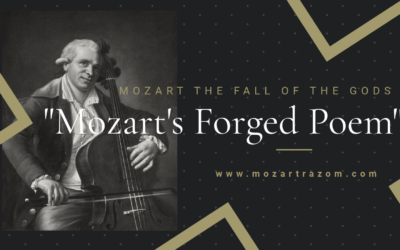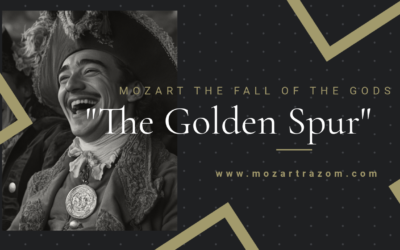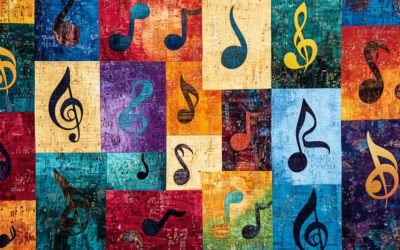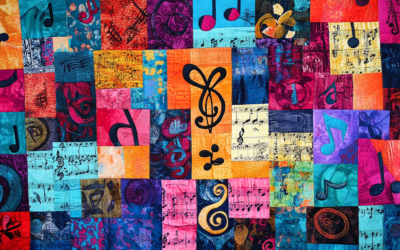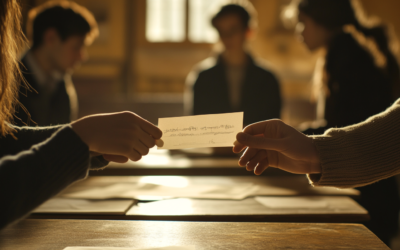International Traetta Award
After a 12-year hiatus, the award returns to Italy!
The Traetta Society is delighted to announce that this year’s 14th International Traetta Award (Traetta Award) has been presented to Anna Trombetta and Luca Bianchini.
Mozart: The Fall of the Gods
This book offers a fresh and critical look at the life of Wolfgang Amadeus Mozart, challenging the myths that have surrounded him for centuries. We strip away the romanticised image of the “natural genius” and delve into the contradictions within Mozart’s extensive biographies. Backed by nearly 2,000 meticulously sourced citations, this work invites readers to explore a deeper, more complex understanding of Mozart. Perfect for those who wish to question the traditional narrative, this biography is a must-read for serious music lovers and historians.
"Leopold Mozart was the real composer behind many of Wolfgang and Nannerl’s early works, shaping their success while crafting his own legacy."
Mozart: The Fall of the Gods
They are being recognised for their “passion in musicological research on primary sources of the European musical repertoire, with significant contributions to the redefinition of 18th-century music historiography.”
The Traetta Prize (Italian: Premio Traetta) is an award assigned by the Traetta Society in recognition of achievements in the rediscovery of the roots of European music. The prize, conceived and promoted by the architect Gianfranco Spada, owes its name to the composer Tommaso Traetta (1727–1779) and is awarded each year during the Traetta Week, a festival dedicated to the composer that takes place during the eight days between the day of his birth to that of his death. (30 March – 6 April)
Traetta was one of the main composers of the Neapolitan School, who despite the huge success in life for his compositions has been unjustly unrecognised, along with other composers of the time, for his contribution to classical music by the music historiography of German origin, who founded the basics of classical music mostly on Germanic authors.
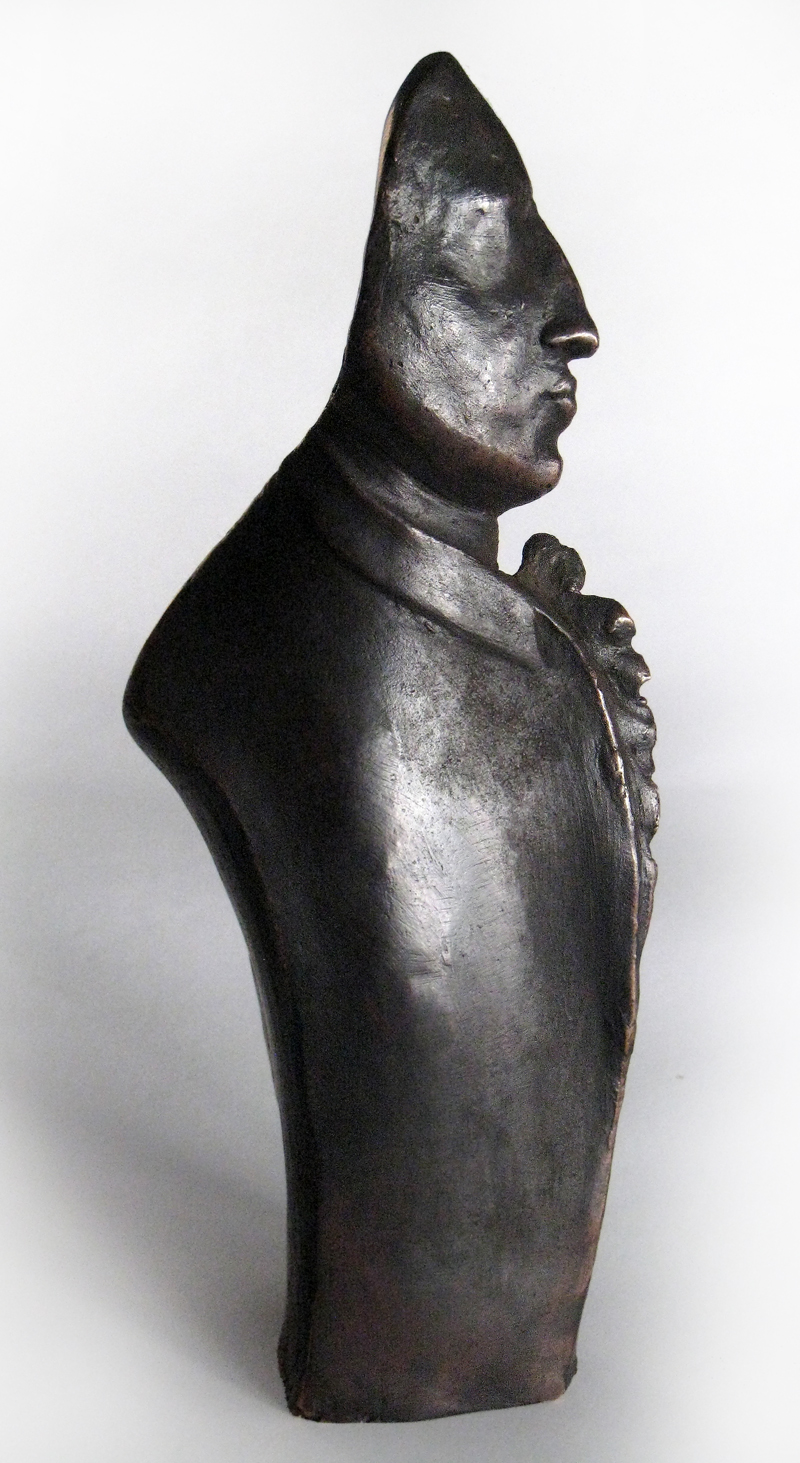
The objective of the Prize is to reward people who have committed themselves in expanding the knowledge of the musical production of the eighteenth century. The Prize borrows the name of Traetta as a symbol of a large list of composers unjustly forgotten such as Leonardo Vinci, Pasquale Anfossi, Antonio Sacchini, Nicola Vaccai, Leonardo Leo, Domenico Cimarosa or Vicente Martín y Soler among others.
You May Also Like
#3 Leopold Mozart’s Literary Theft
Hidden within the Mozarteum’s archives lies a poem that has long been hailed as a tribute to the young Mozart children. But behind this innocent façade is a story of deception, literary theft, and one father’s ambition to rewrite history.
#4 The Golden Spur
While often portrayed as a prestigious award, the Golden Spur (Speron d’Oro) granted to Mozart in 1770 was far from a reflection of his musical genius. In this article, we delve into the true story behind this now-forgotten honour, its loss of value, and the role of Leopold Mozart’s ambitions in securing it.
Mozart Unmasked: The Untold Story of His Italian Years
Explore the lesser-known side of Wolfgang Amadé Mozart’s early years in Italy. ‘Mozart in Italy’ unveils the complexities, controversies, and hidden truths behind his formative experiences, guided by meticulous research and rare historical documents. Delve into a story that challenges the traditional narrative and offers a fresh perspective on one of history’s most enigmatic composers.
Another Example of Borrowed Genius
The myth of Mozart’s genius continues to collapse under the weight of his reliance on others’ ideas, with Leopold orchestrating his son’s supposed early brilliance.
A Genius or a Patchwork?
The genius of Mozart had yet to bloom, despite the anecdotes passed down to us. These concertos were not the work of a prodigy, but a collaborative effort between father and son, built on the music of others.
Myth, Reality, and the Hand of Martini
Mozart handed over Martini’s Antiphon, not his own, avoiding what could have been an embarrassing failure. The young prodigy had a lot to learn, and much of what followed was myth-making at its finest.


